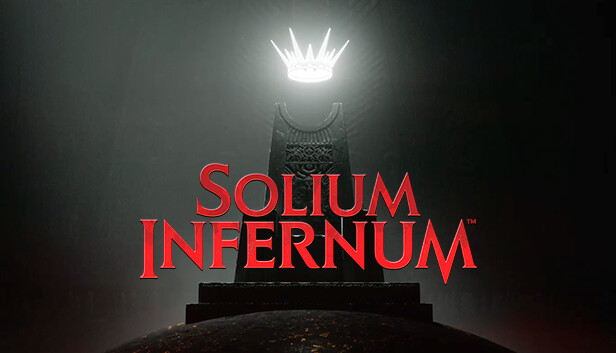Prelude
Let me teach you the steps.
Vendettas
The player who declares a Vendetta gets to decide which type of Vendetta happens. This means that no matter how strong someone’s legions are, as long as you get to choose the type of Vendetta, those legions are irrelevant.
Try to get into the habit of asking yourself: can I beat Andromalius in a duel? Can Astaroth beat me in a war?
If you can beat someone in one way but not the other, then you want to be the one declaring Vendettas, and you want to avoid giving them the opportunity to declare them. The only time you should be okay with another player declaring a Vendetta on you is if they can’t beat you either way.
Most diplomacy won’t end in a Vendetta. But the threat of Vendetta is always there, and you need to understand this threat before you understand it.
The Basics
- If you hurl an Insult, you give the other player the opportunity to declare a Vendetta.
- If you issue a Demand, you give yourself an opportunity to declare a Vendetta (if the other player doesn’t buy you off.)
In either case, you have to wager a certain amount of Prestige. If the other player gives in (and they should, if you’ve judged the relative power correctly and they’re smart) then you’ll get the Prestige back. If you’ve misjudged it or they don’t know what they’re doing, you won’t. The latter problem is self-solving. The former is more painful.
Demands
Giving in to a Demand costs some tribute cards. It’s more expensive than a single turn’s tribute. It’s much less expensive than losing a Vendetta. Therefore, if someone makes a Demand against you and you think they can beat you, the smart move is to pay them off.
At higher Rank, you can Extort more precious things, like artifacts or praetors. These Exortions are something you have to judge carefully: people are likely to refuse them rather than give in and hand you something they need.
- If you have the most powerful duelling praetor, then you can issue Demands to the entire table, and you should! This is what duelling praetors are for.
- If you have a high enough Destruction to wipe out legions from across the board, then the same applies. You can make Demands to the entire table, and you should!
- If you have the most powerful legions, then you can issue Demands to your neighbours, and you should! They don’t want to give you an opportunity to take their places of power away from them.
- If your neighbour has powerful legions but they’re about to be very busy, then you can issue a Demand, and you should! Remember that Vendettas take a few turns to start, so try to issue the Demand before they’re busy, not while.
This is what power is for. Legions and duellists and Destruction aren’t there for their own sake, they’re there so that the threat of them makes others give you what you want.
It is entirely normal for two players to make Demands of one another, if one has better legions and the other has a better duellist.
However…
When Should I Refuse A Demand?
- If the other player has misjudged the relative power, and you think they can’t win against you in either sort of Vendetta. Surprises like this are just rare enough that they’re nasty when they happen.
- If they’re asking for something that’s more expensive than the cost of losing a Vendetta. This normally applies only when they’re asking for Praetors or Artifacts.
Some players will say that you should refuse Demands towards the end of the game, because Tribute is less important at that point. Other players will say that you should refuse every third Demand so they can’t Declare Weakness against you. Both of these players are wrong. At the end of the game, Prestige is very important, and the best way to give someone Prestige is to give them the opportunity to win easy Vendettas against you. Likewise, Declare Weakness gives them a free Vendetta after every three complete Demands. If you refuse every third Demand, you’re giving them a free Vendetta more frequently than that.
Insults
When should you use Insults? Obviously, use them if you have both better legions and a better duellist. Less obviously, use them if you have a better duellist and no shared border. Remember, you don’t need to win, you need to avoid the other player winning – and if they can’t reach you, they can’t win.
Spamming Insults can be game-winning. Legions and praetors aren’t there just to look nice, they’re there to get you into a position where you can spam insults and harvest Prestige.
When Should I Reject An Insult?
This is where you get to show some teeth. This is where it gets nasty. And once you’ve beaten them, the situation at the table changes: they may have lost their duellist or their best legion, which means that they stop being the table bully and start being the target for everyone else.
Afterword
Always remember: there are some games where the winner is decided fairly early on. Solium Infernum is not one of those games. In Solium Infernum, you are not defeated until the game is truly over. You can always get some more Tribute, buy some new legions and praetors, and get back in the fight. If someone thinks you’re weak then they’re likely to be overconfident – and that’s the most fatal thing they can be. Choose your moment. Play intelligently. Fight like a devil.
To reign is worth ambition.
Thanks to [Ψϕ] TheBeautifulVoid for their excellent guide; all credit belongs to their effort. If this guide helps you, please support and rate it here. Enjoy the game.
